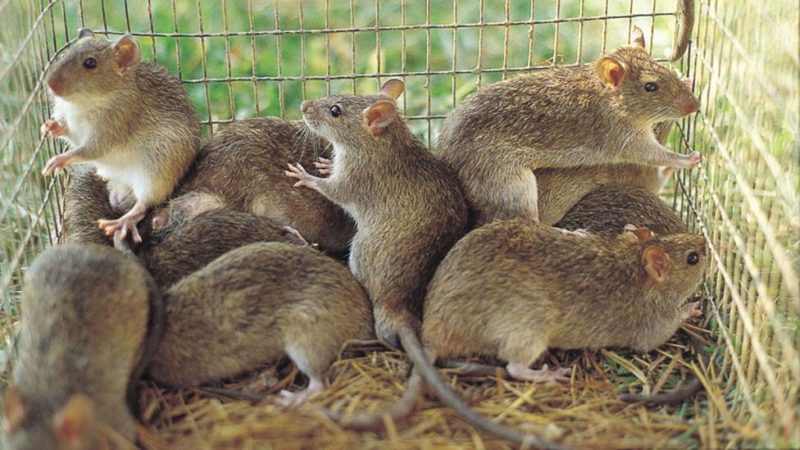Officials say the data show that Lassa fever is still more deadly than COVID-19.
The Lassa fever tally of the state has gradually increased from 44 deaths in Week 14 dated April 5, 2020 to 63 in week 32, the same period when the COVID-19 pandemic became endemic in the country.
The number of confirmed cases of Lassa fever in the state also increased from 309 in week 14 to 363 in week 32.
Ondo and Edo states are holding 74 per cent of the total cases of the disease in the country.
According to the NCDC, Ondo State has 34 per cent of the cases, while Edo accounted for 32 per cent of the confirmed cases of the fever.
Incidentally, Edo State, which has a total of 338 confirmed cases as of week 32, has recorded no death since week 14, when it had 314 confirmed cases.
The confirmed death cases in the state stand at 39.
Ebonyi has 7 per cent of the cases but has recorded 22 deaths so far.
Experts say the increasing trend in the cases of Lassa fever was unusual as the cases continued to trickle in even during the raining seasons when the cases were supposed to have dipped.
The total national figure for the Lassa fever deaths is 188; Ondo and Edo states take more than half of the casualties.
The NCDC also records 963 as the total confirmed cases nationally.
An Ondo State Epidemiologist, Steven Fagbemi, told PREMIUM TIMES that the Lassa fever scourge had appeared more deadly than the dreaded COVID-19, as the cases had continued to trickle in when it was expected to decline during the raining period.
He said cases of the disease had been recorded all year round, adding that it went down when the rains came.
“Normally we should not be expecting cases at all at this time, but they keep coming in and trickling in and we are not happy about it,” he said.
“We are trying our best, considering the fact that we have COVID-19 to deal with.
“Lassa is still very much a deadly disease, far more deadly than COVID-19.”
He said the state was also working round the clock as the year runs to an end, as the cases were likely to pick up again soon.
“Now that we have come to August, we are already discussing the areas to be looking at, in order to get ourselves ready – COVID or no COVID,” said Mr Fagbemi.
“The process has already started actually and we hope that all the training and the work we have done against COVID-19 should also help.”
source: PremiumTimes

 Despite the panic over the dreaded COVID-19 pandemic, the total number of deaths by Lassa fever has silently climbed to 63 in Ondo as of Week 32, dated August 8, 2020. The last death case recorded in the state was in week 31, which brought the tally to 63.
Despite the panic over the dreaded COVID-19 pandemic, the total number of deaths by Lassa fever has silently climbed to 63 in Ondo as of Week 32, dated August 8, 2020. The last death case recorded in the state was in week 31, which brought the tally to 63.




